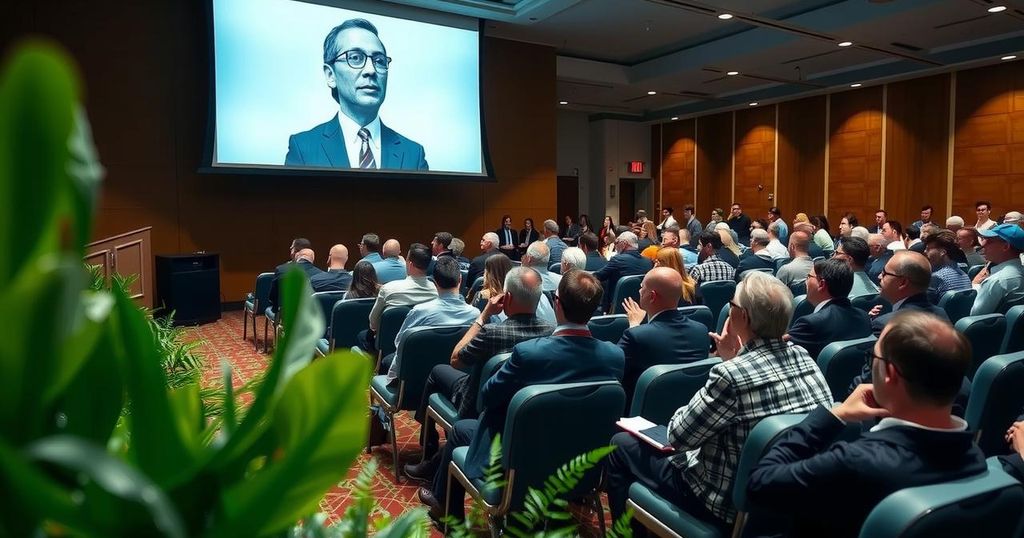COP29: Enforcing Accountability for Environmental Damage
COP29, scheduled for November 2024 in Azerbaijan, aims to enforce accountability among major greenhouse gas emitters through the ‘polluter pays’ principle. With unprecedented temperature rises, the conference must implement measures like ending fossil fuel subsidies and instituting a climate liability framework, while ensuring that developing nations are not disproportionately affected by climate change impacts.
The 29th Conference of the Parties (COP29), scheduled for November 2024 in Azerbaijan, is poised to advocate for the principle of accountability among corporations and nations for their greenhouse gas emissions. Historically, the ‘polluter pays’ principle, which establishes that polluters should bear the costs associated with their pollution, remains unconsistently enforced. Consequently, the significant contributors to greenhouse gas emissions often continue to operate without facing adequate financial repercussions for the environmental damage they inflict. As global temperature records now exceed 2°C above pre-industrial levels for the first time, the urgency for decisive action at COP29 has never been more critical. Should we fail to curtail emissions by 2050, it is projected that Africa alone may incur economic losses reaching USD 50 billion annually, alongside global fatalities estimated at 250,000 each year between 2030 and 2050. In light of the challenges observed in earlier COPs, it is imperative that COP29 lays a foundation for enforceable penalties aimed at the largest emitters. The discussions must cultivate a framework which not only ends fossil fuel subsidies—amounting to USD 7 trillion globally in 2022—but also mandates climate finance accountability so corporations can manage the consequences of their emissions. Furthermore, COP29 should promote stringent carbon pricing mechanisms and taxation strategies to ensure that polluters are financially accountable for their contributions to climate change. In addition, new mechanisms must be established to facilitate climate litigation against those responsible for excessive emissions. Such measures would nurture equity and justice within the realm of climate policy, urging companies and nations alike to take responsibility for their historical emissions. In conclusion, COP29 represents a pivotal opportunity for global leaders to adopt rigorous measures that ensure accountability for greenhouse gas emissions. By instituting substantial reforms like financial transparency regulations, corporate liabilities for historical emissions, and a commitment to climate reparations, the conference can aid in achieving climate justice. It is essential that the burden of addressing climate change is not disproportionately shouldered by the most vulnerable nations, particularly those in Africa, who have contributed the least to the crisis.
The forthcoming COP29, part of the annual United Nations climate change conferences, is set against a backdrop of escalating global temperatures and continued environmental degradation. The gathering aims to galvanize political will to enforce the ‘polluter pays’ principle, which emphasizes that the actors responsible for pollution should be held financially accountable for their environmental impact. Despite past conferences setting ambitious goals, many nations, particularly developing ones, have not seen equitable action from major polluters, resulting in a need for robust reforms and regulations to ensure accountability and justice in climate action.
COP29 is at a critical juncture wherein it could redefine the future of climate accountability through actionable measures against greenhouse gas emissions. The success of this conference relies heavily on the collaboration between governments and corporations to uphold principles of justice and transparency, ensuring that those responsible for pollution contribute fairly to the mitigation of climate change impacts, particularly for vulnerable regions such as Africa.
Original Source: nation.africa




Post Comment